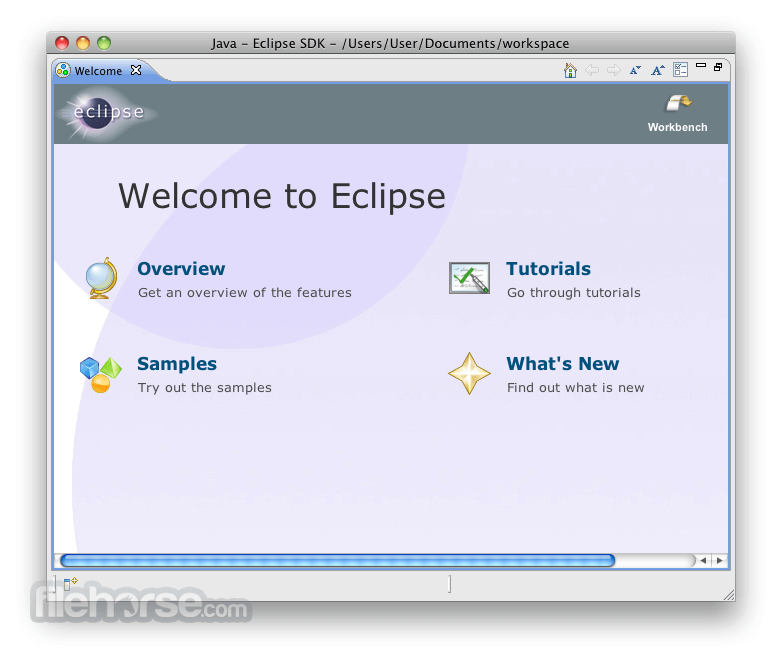
 Browse to the newbuild folder created earlier (…/OpenCV-3.2.0-vc14/newbuild/). Next to Select root directory, click Browse. Right click on the Project Explorer (on the left by default). Leave the radio button on default settings (first option – Use default native compilers). In the Specify the generator for this projects window, select Eclipse CDT4 – MinGW Makefiles from the dropdown. A popup window appears to confirm the creation of the new directory specified. Add a destination folder for the new build (e.g., C:\OpenCV-3.2.0-vc14/opencv/newbuild). Select the sources folder of OpenCV (e.g., C:\OpenCV-3.2.0-vc14/opencv/sources). Click Browse Source… in the top right corner. Go to the binary subfolder of the installation folder of Cmake (e.g., C:\Program Files\CMake\bin), and click cmake-gui.exe. Under Binary distributions:, select the latest version (cmake-3.7.2-win64-圆4.msi). Visit, click Download on the top, and click latest stable. Under System variables, double-click Path. The System properties window appears with the Advanced tab active. Visit and click Download, which automatically redirects to Ĭlick Cortana, and start typing env, then click Edit the system environment variables.
Browse to the newbuild folder created earlier (…/OpenCV-3.2.0-vc14/newbuild/). Next to Select root directory, click Browse. Right click on the Project Explorer (on the left by default). Leave the radio button on default settings (first option – Use default native compilers). In the Specify the generator for this projects window, select Eclipse CDT4 – MinGW Makefiles from the dropdown. A popup window appears to confirm the creation of the new directory specified. Add a destination folder for the new build (e.g., C:\OpenCV-3.2.0-vc14/opencv/newbuild). Select the sources folder of OpenCV (e.g., C:\OpenCV-3.2.0-vc14/opencv/sources). Click Browse Source… in the top right corner. Go to the binary subfolder of the installation folder of Cmake (e.g., C:\Program Files\CMake\bin), and click cmake-gui.exe. Under Binary distributions:, select the latest version (cmake-3.7.2-win64-圆4.msi). Visit, click Download on the top, and click latest stable. Under System variables, double-click Path. The System properties window appears with the Advanced tab active. Visit and click Download, which automatically redirects to Ĭlick Cortana, and start typing env, then click Edit the system environment variables. 
Since the prebuilt version was released for Visual Studio 2015, a new version has to be built for Eclipse with a tool such as MinGW using the content of the sources folder. In contrast to older versions of OpenCV, such as version 2.3.1, for which several library files ( opencv_core231d.lib, opencv_highgui231d.lib, opencv_imgproc231d.lib, opencv_objdetect231d.lib) had to be added as dependencies for programming environments, OpenCV 3.2 requires two files only: opencv_world320.lib (for production) and opencv_world320d.lib (for debugging). The build folder contains the prebuilt libraries, the sources folder can be used to build your own build. This automatically redirects to the download page on sourceforge at. Visit, under Get Eclipse NEON, click Download Packages link, and under Eclipse IDE for C/C++ Developers, click 64 bit.






 0 kommentar(er)
0 kommentar(er)
